Modi’s Kashmir power grab was decades in making

Repeated constitutional attacks paved the way for the government to finally strip Kashmir of its rights, writes Zainab Ramahi
SINCE 5 August, the people of Kashmir have been living under lockdown after the Indian government voted to revoke the state’s semi-sovereign status. The unilateral termination of Kashmir’s autonomy, has been a long-held goal of prime minister Narendi Modi’s Hindu nationalist Bharatiya Janata Party. But while the scale of the crackdown — which has seen tens of thousands of troops deployed — is unprecedented, a historical account reveals that Kashmir’s sovereignty has been steadily undermined for decades.
After the Partition of India in 1947, Jammu and Kashmir was left as an independent state. However, that same year, Kashmir’s ruler signed an Instrument of Accession to India in return for military aid to quell tribal invasion from the northwest. In response to the agreement, Lord Mountbatten, the then governor-general of India, noted that ‘the question of the State’s accession should be settled by a reference to the people.’
The United Nations resolutions calling for this independent referendum to determine the future of Kashmir have never come to pass, but ‘still remain the collective expression of the voice of the international community’ Instead, two-thirds of the state was occupied by India, one-third by Pakistan, and parts of the glacial regions claimed by China.
The BJP has always been open about its aims vis-à-vis Kashmir, seeking to settle the Kashmir dispute outright by altering the state’s demography. By removing Article 35A, they have opened the way for non-Kashmiris to settle permanently in Kashmir or buy land there. The outcome of any future referenda in the state will be significantly impacted by any demographic changes caused as a result of non-Kashmiri settlers.
Efforts to diminish Kashmir’s autonomy have largely focused on undermining these articles. Previous attacks on the permanent residency protections of Article 35A have been framed by purported concern for gender equality in Kashmir. Despite the relevant regulation making no distinction between men and women, administrative practice had been to deprive women who married non-permanent residents of their own residency rights, which enabled them to buy and sell property in Kashmir. This discriminatory practice was brought before the Jammu and Kashmir High Court in 2002, which ruled that it was illegal under the Indian constitution. Jammu and Kashmir’s own constitution mandates equality for women in ‘social… political and legal’ matters, and the court could have relied on this provision to strike down the practice.
The existential anxiety produced by this decision and the controversies that followed demonstrated that the rights articulated in the Indian constitution do not hold moral authority in Kashmir, where Kashmiris are routinely subject to state-sanctioned violence, including torture and rape. Indian law enables violations of human rights and agents of violence, even if nominally condemned, in fact enjoy widespread impunity for their actions. In this context, the ruling was not interpreted as a constitutional protection for women as a marginalised group, but instead as a strategic move for perpetuating Indian government domination and further undercutting aspirations of Kashmiri self-determination.
Before the BJP government abrogated Articles 370 and 35A outright on August 5, We the Citizens, an NGO whose members have links with the BJP, and that describes itself as enjoying ‘proximity’ to the RSS, challenged the articles’ validity in court. The RSS is the extreme right-wing ideological parent of Hindu nationalist organizations across India, including the ruling BJP. The petition claimed that the addition of Article 35A to the constitution was procedurally invalid, essentially repeating three cases previously dismissed by the supreme court. Previous governments moved to challenge such claims, but the Modi administration refused to take a definite position on the matter, taking advantage of the explosion of nationalist debate on the issue in the public sphere.
In 2017, Modi’s government passed a resolution to deprive Jammu and Kashmir of its fiscal autonomy, including the power to impose taxes, a key component of its sovereignty. As early as 1952, India’s first prime minister conceded that tax revenue was ‘the main source of income from Kashmir and if we take it, the whole state finances will collapse.’ In protest against the announcement, Kashmiris called a general strike. The Indian finance minister responded by saying that the bills merely represented a ‘politically significant’ fulfilment of ‘the dream of economic integration.’
Since October 27, 1947, when Indian armed forces landed in Kashmir, India’s colonial treatment of Kashmir suggests a clear intent to integrate Kashmir into the Indian union. Instead of protecting the autonomy of the internationally disputed state pending resolution by plebiscite, Article 370 of the Indian constitution has been systematically undermined. Rather than the work of the Modi government alone, the slow erosion of Kashmir’s independence through political and judicial attacks opened the door for the BJP to finally strip the state of its rights.
Ultimately, the Indian government’s efforts to realise the total accession of Kashmir to India, over the Kashmiri populace’s calls for freedom, is the work of a neo-colonial power invoking ethno-nationalist claims to land in violation of the right to self-determination.


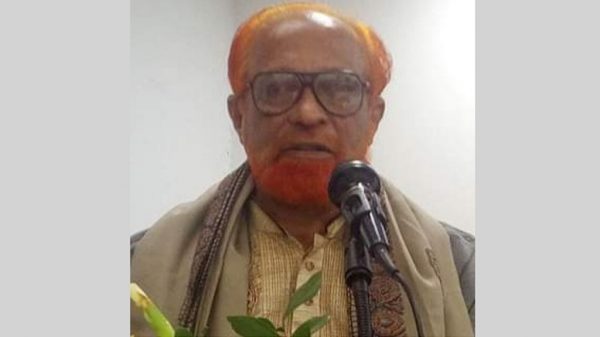


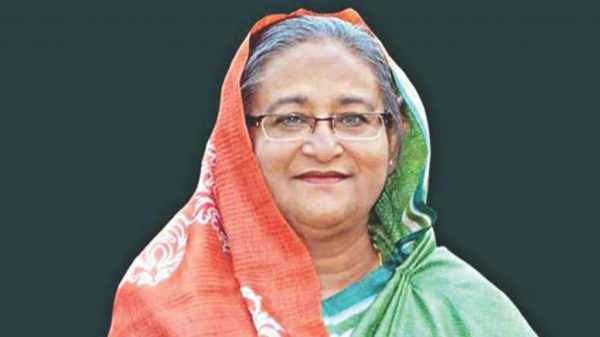



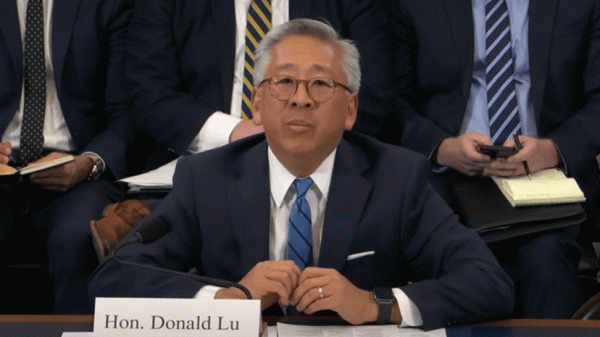
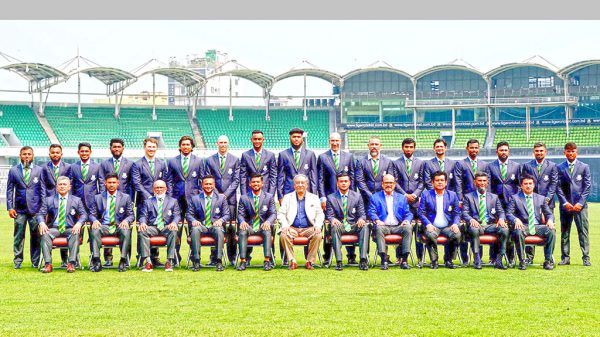
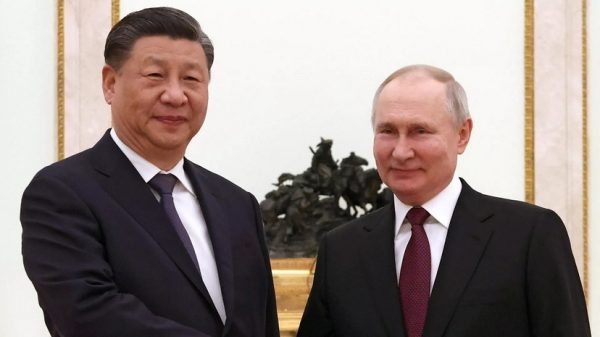











Leave a Reply